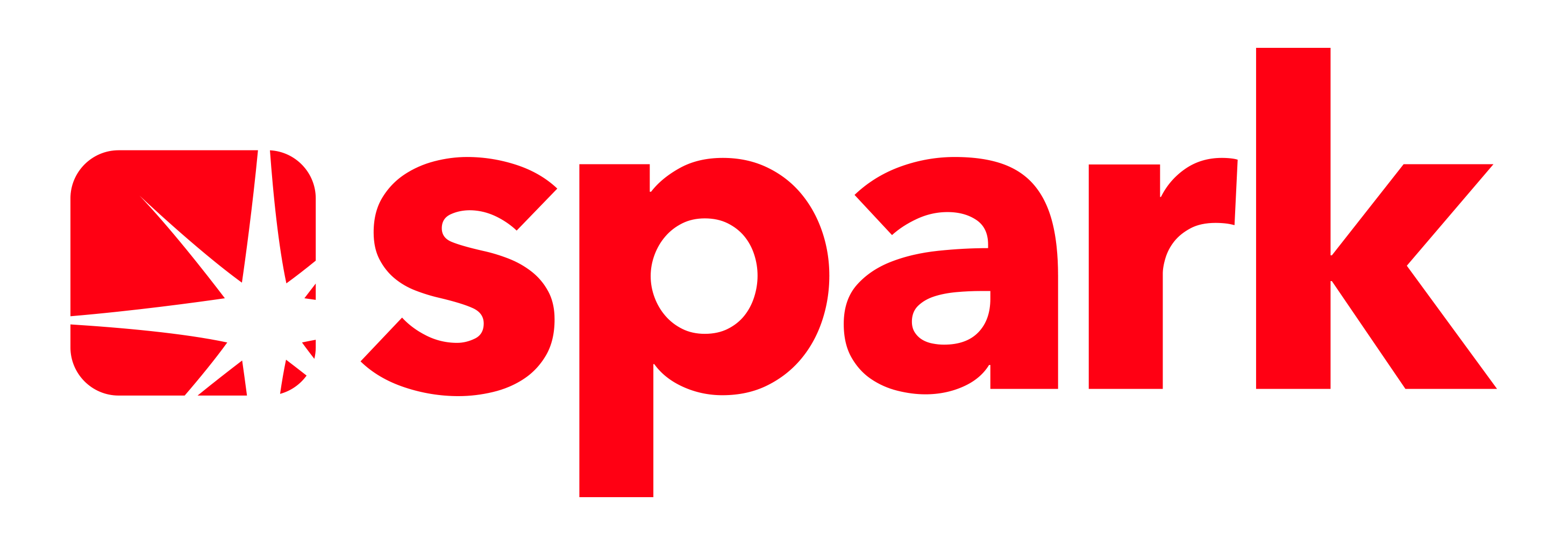Federal
1. The federal tax credit covers 30% of an EV charging station, necessary equipment and installation costs. For residential installations, the IRS caps the tax credit at $1,000.
Federal Tax Credit for Residential EV (rebates4evchargers.com)
2. The US Environmental Protection Agency (EPA) is offering $3 Billion for port authorities and state, regional, local, and tribal agencies with jurisdiction over ports, and air pollution control agencies to deploy zero-emission port equipment and to purchase and install charging infrastructure through its Clean Ports Program. EPA will provide reimbursement of up to $500 Million, up to 80-90% of total eligible project costs, depending on applicant and project details. Applications will be evaluated competitively and will be accepted between February 2024 and May 2024.
3. The National Electric Vehicle Infrastructure Formula Program allocates $5 billion in funding for EV charging infrastructure across 75,000 miles of highway across the country. Your organization must be within one mile of an established alternative fuel corridor to qualify and may need to meet other requirements as well.
West Virginia
1. Appalachian Power offers residential customers a rebate of up to $500 for the purchase and installation of an ENERGY STAR certified Level 2 EV charger by an approved contractor. For more information, see the Appalachian Power Charge Forward website.
2. Appalachian Power Company offers a TOU rate to residential customers who own an EV. Eligible customers must have a meter that is capable of separately identifying EV usage. For more information, see the Appalachian Power Company Electric Rates website.


